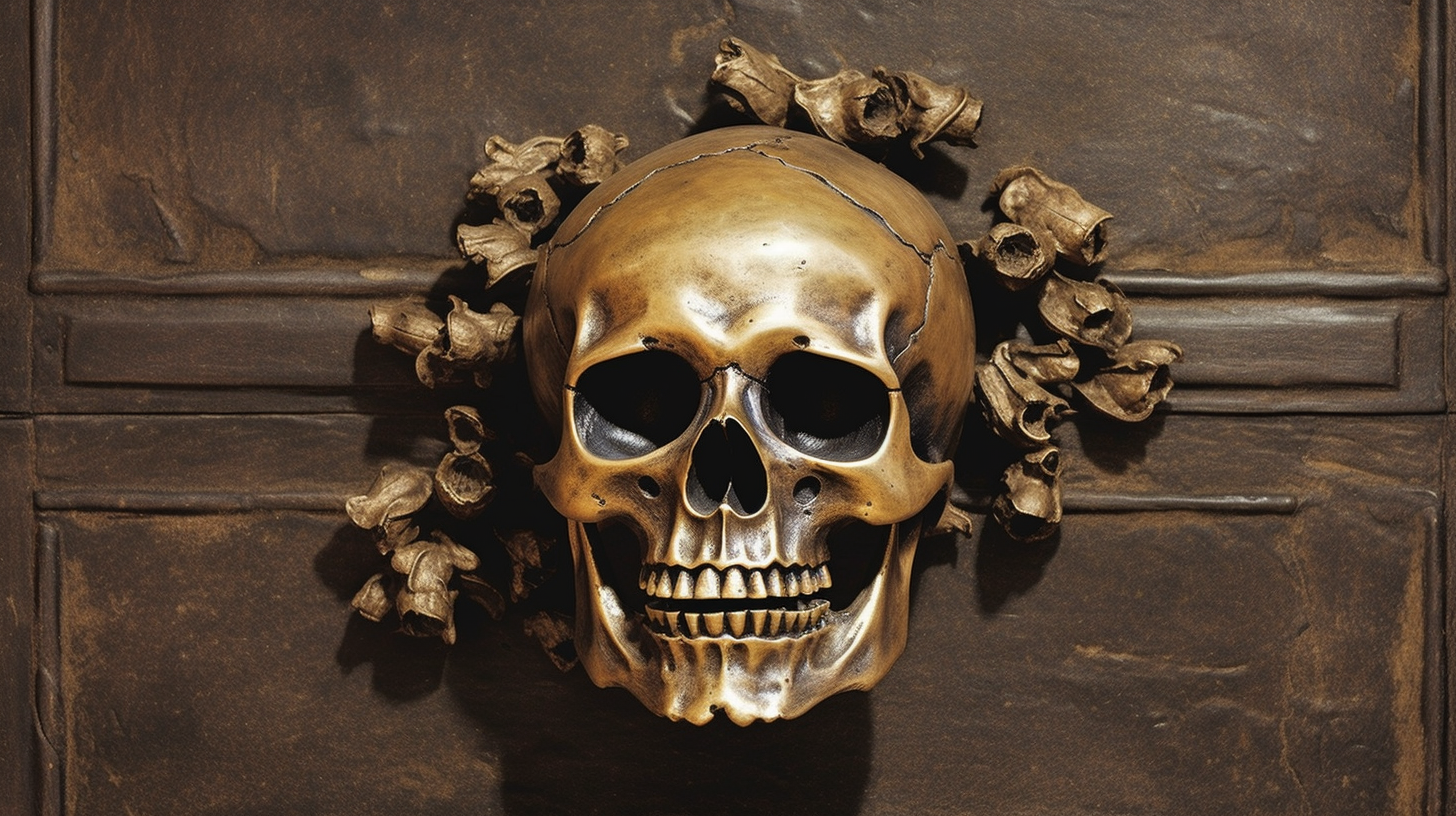The Tragic Hero in Shakespearean Drama: Flawed Humanity and Moral Dilemmas
Few names resonate as powerfully as William Shakespeare in the vast realm of dramatic literature. His plays are timeless, captivating audiences with complex characters and intricate narratives for centuries. Yet, a tragic hero stands tall among his literary contributions, embodying flawed humanity entangled in moral dilemmas. This article seeks to critically engage with the concept of the tragic hero, challenging conventional wisdom and shedding light on its enduring significance in the human experience.

Redefining Tragedy:
Before delving into the nuances of the tragic hero, we must first question the very definition of the tragedy itself. The popular view often equates tragedy with inevitable doom, but is it not more profound to consider tragedy as a reflection of human fallibility? By embracing this perspective, we move away from deterministic notions and allow tragedy's true essence to emerge.
Shakespeare's Exploration of Flawed Humanity:
Shakespeare's genius lies in his ability to craft characters who mirror the imperfections of the human condition. Take Hamlet, for instance, whose tragic flaw is often attributed to indecisiveness. However, a closer examination reveals a profound struggle with existential dilemmas and a relentless pursuit of truth. Hamlet's tragic flaw is not indecisiveness alone but rather an overwhelming burden of intellect and an acute awareness of the moral ambiguity that permeates our existence.
In Macbeth, we encounter a tragic hero driven by a vaulting ambition that consumes his soul. Yet, let us not reduce Macbeth to a mere cautionary tale about unchecked ambition. Instead, his descent into darkness offers a profound commentary on the seductive power of power itself, questioning the very nature of humanity's pursuit of dominance.

Challenging Conventional Wisdom:
To truly appreciate the tragic hero, we must challenge the conventional wisdom that regards them as victims of fate or external circumstances. It is easy to ascribe their downfall to a predetermined path, but such an approach oversimplifies the complexity of their struggles. Instead, the true tragedy lies in the internal conflict, the moral choices made, and the consequences these characters face.
Historical References and Sharp Wit:
The exploration of the tragic hero transcends time and place. We find echoes of their struggles in historical accounts that reveal the dilemmas great leaders face. Consider Julius Caesar, whose sad fate was sealed by his ambition and the betrayal of his closest allies. This historical reference reminds us that tragic heroes are not confined to fiction but permeate human history.
Furthermore, we cannot overlook the influence of Shakespeare's contemporary society on his portrayal of the tragic hero. Elizabethan England was a time of shifting values, religious conflicts, and political intrigue. Shakespeare's keen observations of his era provided him with fertile ground to dissect humanity's flaws and the moral dilemmas individuals face.

Conclusion:
In reevaluating the concept of the tragic hero, we unravel a rich tapestry of human existence, unafraid to challenge conventional wisdom and delve into the complexities of the human psyche. Shakespeare's timeless characters serve as a mirror, reflecting our flaws and forcing us to confront the moral quandaries that accompany our existence.
By embracing the tragic hero as a flawed embodiment of humanity, we move beyond the confines of deterministic narratives. We acknowledge the power of choice and the weight of responsibility that rests upon our shoulders. The tragic hero, with their moral dilemmas and internal struggles, prompts us to contemplate our actions and decisions in the face of adversity.
Let us celebrate Shakespeare's contribution to exploring the tragic hero, allowing his works to continue shaping our understanding of the human condition. In doing so, we honor the pursuit of intellectual rigor and embrace the transformative power of literature in our collective goal of wisdom and self-discovery.

Plato Re-Imagined
This course offers 32 comprehensive lectures exploring most of Plato's dialogues. These lectures guide students toward a consilient understanding of the divine—a concept that harmonizes knowledge across disciplines and resonates with secular and religious leaders. As a bonus, Lecture #33 focuses on consilience, demonstrating how different fields of knowledge can converge to form a unified understanding.






